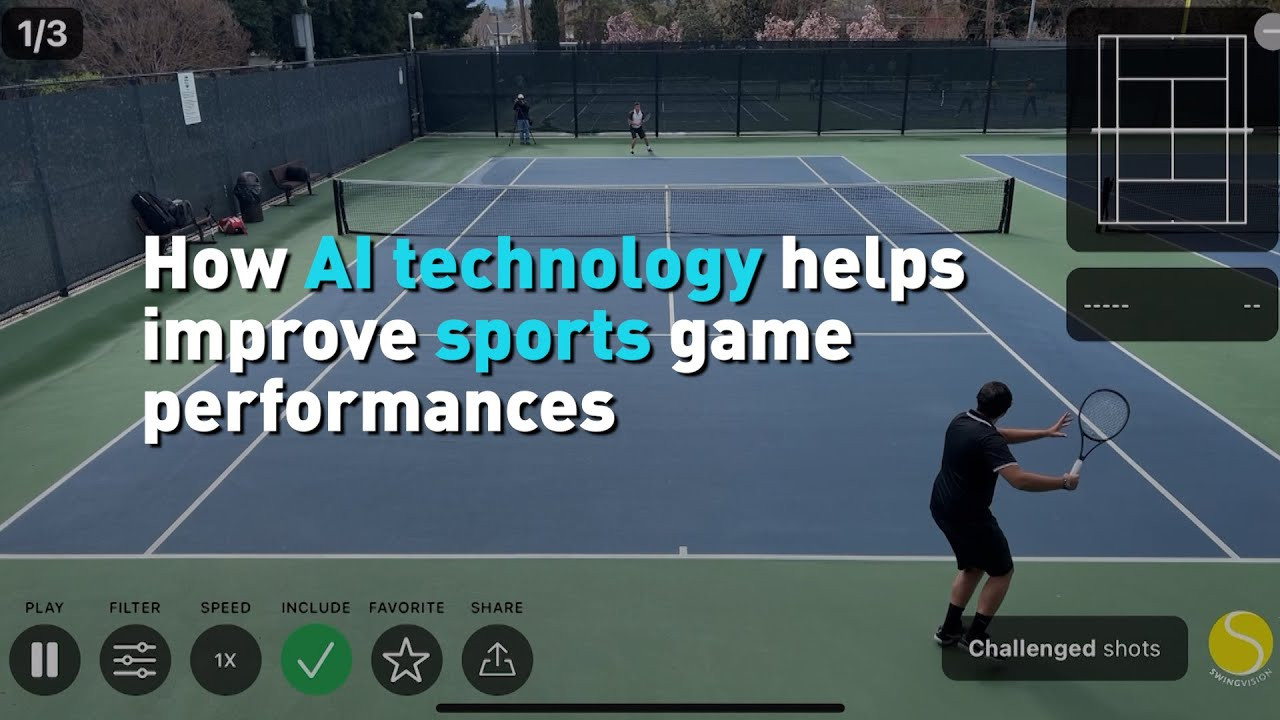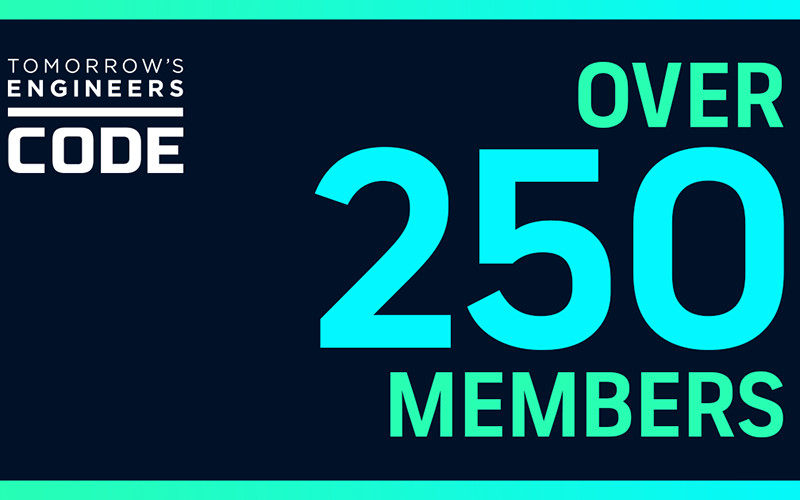The Rise of AI in Sports: A Game-Changer on and off the Field
The world of sports is undergoing a dramatic transformation, and at the heart of this revolution is artificial intelligence (AI). From analyzing player performance to predicting injuries, AI is rapidly reshaping the way we play, watch, and even understand the game.
AI's impact on sports extends far beyond the realm of mere entertainment. It's becoming an indispensable tool for teams, athletes, and fans alike, providing insights and strategies that were once unimaginable. With its ability to process massive amounts of data, AI is revolutionizing player scouting, performance optimization, injury prevention, and fan engagement.
AI in Player Scouting: Unlocking Hidden Potential
Gone are the days of relying solely on human intuition and scouting reports. AI is now empowering teams to identify talent with unprecedented accuracy. By analyzing countless hours of game footage, AI algorithms can identify hidden gems, predict future performance, and even assess the likelihood of a player's success in a specific league or position.
This data-driven approach offers a significant advantage in player scouting, allowing teams to make informed decisions about draft picks, trades, and contract negotiations. For example, the use of AI in evaluating players' physical attributes, technical skills, and tactical awareness can help teams discover players who might otherwise go unnoticed.
AI in Performance Optimization: Taking the Game to the Next Level
Once a player is on the team, AI can further enhance their performance through personalized training programs and strategies. By tracking player data, such as speed, agility, and shot accuracy, AI algorithms can identify strengths and weaknesses, tailoring training regimens to optimize each athlete's potential.
Furthermore, AI can be used to analyze opponent strategies and identify weaknesses. This valuable information can help teams develop game plans that exploit their opponents' vulnerabilities and give them a competitive edge. For example, in basketball, AI can analyze opponents' defensive patterns and recommend specific plays that are likely to be successful.
AI in Injury Prevention: Protecting Athletes from Harm
One of the most significant contributions of AI to sports is in injury prevention. AI algorithms can analyze player data and predict potential injuries before they occur. By identifying patterns and trends that indicate an increased risk of injury, teams can take preventive measures, such as adjusting training schedules, providing specialized rehabilitation, or even recommending changes in playing style.
This proactive approach to injury prevention not only protects athletes from serious injuries but also reduces the overall cost of healthcare and lost playing time. For instance, in professional football, AI can be used to analyze player movement patterns and identify those who are at a higher risk of suffering a concussion, allowing teams to intervene early and mitigate the risk.
AI in Fan Engagement: Bringing Fans Closer to the Game
The impact of AI on sports extends beyond the playing field, revolutionizing the way fans experience the game. AI-powered applications are enhancing fan engagement through personalized content, interactive experiences, and real-time insights. These applications can tailor content to individual fans' preferences, provide real-time game statistics and analysis, and even offer virtual reality experiences that bring fans closer to the action.
Moreover, AI is enabling teams to interact with their fan bases in a more meaningful way. By analyzing social media data and fan feedback, teams can gain valuable insights into their fans' opinions, interests, and demographics. This information can then be used to create engaging content, improve fan service, and foster a stronger connection between teams and their supporters.
The Future of Sports: Embracing the AI Revolution
The integration of AI in sports is still in its early stages, but its potential impact is undeniable. As AI technology continues to evolve, we can expect to see even more innovative applications in the years to come. From advanced player tracking systems to personalized coaching programs, AI is poised to transform the way we play, watch, and understand the game.
However, alongside its potential benefits, there are also ethical considerations and challenges associated with the use of AI in sports. Ensuring fairness, transparency, and responsible data usage will be crucial in navigating the evolving landscape of AI in sports.
The future of sports is inextricably linked to the advancements in AI. By embracing this technological revolution, we can unlock new possibilities, enhance the athlete experience, and create an even more engaging and exciting future for fans.
Conclusion: The AI Revolution is Here to Stay
The AI revolution is transforming every industry, and sports is no exception. With its ability to analyze data, predict outcomes, and optimize performance, AI is revolutionizing the way we play, coach, and experience the game. While there are ethical considerations to be addressed, the potential benefits of AI in sports are undeniable. By embracing this technology, we can unlock a future of enhanced performance, greater fan engagement, and a deeper understanding of the game.

















